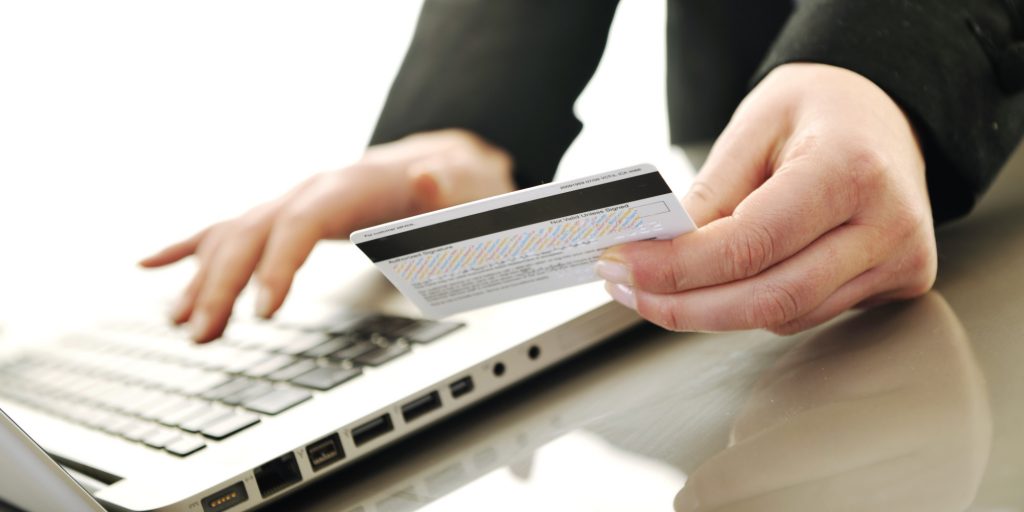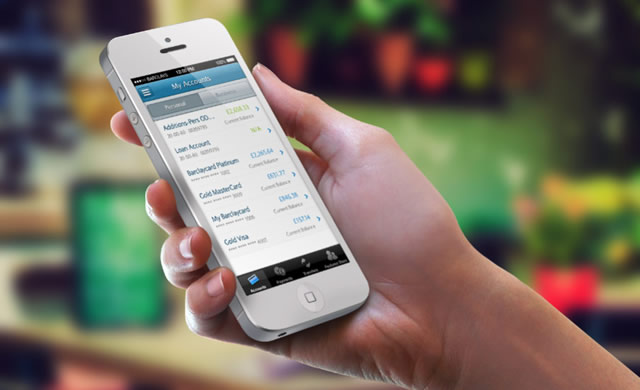It seems like we’re hearing a lot of new risks to our personal financial information lately, which is why it’s more important than ever to know the basic ways on how you can secure your finances. Whether you’re someone who manages everything online, or routinely files away his or her bank statements on hardcopy, the following tips will surely help in keeping your financial information from falling into the wrong hands.

- Clean Your Wallet Regularly
Most of us carry too much identifying information on our wallets on a daily basis than we actually need. So make it a habit to regularly go through your wallet, and remove things like a credit card that you’re not using regularly. In addition, avoid keeping key documents like your social security card on your wallet, and store it in a safe deposit box instead.
- Invest in a Small Paper Shredder
As much as possible, limit receiving paper mails about your finances to minimize ways on how your financial information can be acquired. Apart from limiting paper mails, consider investing on a small paper shredder so you can securely destroy bank or credit card statements after viewing it. Make sure that you shred credit card applications as well, as they can be a way for thieves to use your identity and access personal information.
- Freeze Your Bank Accounts
If you’ve recently had your wallet stolen, or if you’re in a period where you don’t need new accounts, consider freezing your credit report. This works by restricting access to your credit report so no one will be able to open a new account without a personalized PIN. Doing this will make it a lot more difficult to illegally open accounts that are under your name.

- Use a Passphrase Instead of a Password
Instead of using a password to open your bank accounts, consider keying in a passphrase by condensing a meaningless ‘word’ using the first letter of each word in the phrase. For instance, a sentence like “I like to shoe shop during paydays” becomes this password: IL2S$dPD. See how your password becomes a little more complex? Using such trick is what makes a big difference in creating a strong password.
- Update Your Computer Security
Another way to protect your financial information is to ensure that you regularly update the antivirus and security software installed on your home computer. If you’re too busy to routinely update your security software, consider turning on your computer’s automatic updates feature. Doing this will definitely make you feel more secured even as you’re doing your personal banking at home.
- Bank Smarter With Your Phone
Mobile banking applications have made handling our finances easier while being on-the-go. It’s important to be careful, however, and not open your banking apps on public Wi-Fi networks. Unless you’re logging in on your own hotspot, consider turning off Wi-Fi as you use your mobile banking apps. With this, your banking transaction will only run on a 4G or wireless carrier whose secure mobile encryption is proven to be safer than an open Wi-Fi.
Protecting your personal financial information is crucial these says. So keep the aforementioned tips in mind to ensure that safety of your finances.





Leave a Reply